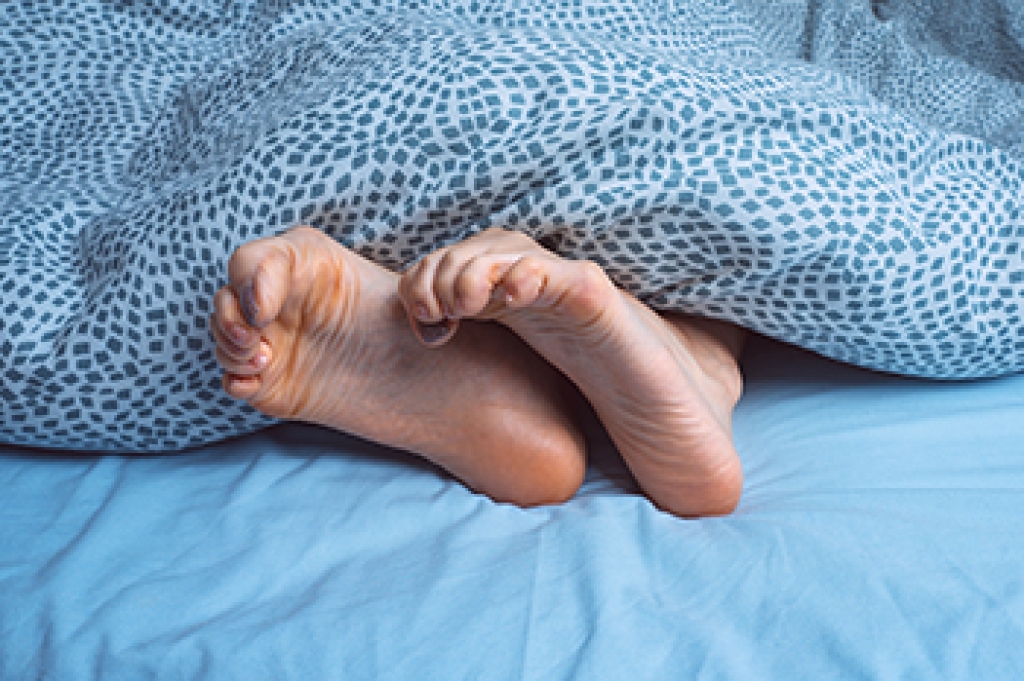
Foot cramps can strike suddenly, disrupting normal activities and causing discomfort that ranges from mild to debilitating. Several factors contribute to the onset of these involuntary muscle contractions, making it essential to identify and address potential triggers. Dehydration is a common culprit, as inadequate fluid intake can lead to electrolyte imbalances, causing muscles to spasm. Overuse or prolonged periods of standing or walking can also strain the muscles of the feet, increasing the likelihood of cramps. Additionally, poor footwear choices, such as shoes that lack proper support or are too tight, can exacerbate muscle tension and cramping. Muscle fatigue, particularly in individuals who engage in high-impact activities like running or dancing, further predisposes the feet to cramps. Furthermore, underlying medical conditions, such as nerve disorders or vitamin deficiencies, may contribute to muscle cramping. If you are experiencing foot cramps, it is strongly suggested that you visit a chiropodist who can determine the cause and offer effective treatment solutions.
Foot pain can have many causes. To receive an accurate diagnosis and treatment for your foot pain, please consult with one of the chiropodists from The Footcare Centre. Our chiropodists will assess your condition and provide you with quality foot and ankle treatment.
Causes
There are a variety of different conditions that can cause foot pain, including:
- Plantar fasciitis
- Deformities, such as bunions or hammertoes
- Injuries to the muscles, bones, tendons, or ligaments in the feet
- Arthritis
- Flat feet
- Ingrown toenails
Symptoms
The type and location of your foot pain can help determine what may be causing it and what type of treatment options are best for you.
Common types of foot pain include:
- Heel pain
- Arch pain
- Toe pain
- Ball of foot pain
- Pain that has a stabbing, burning, or tingling quality
- Pain that is constant, intermittent, or that gets better or worse depending on the situation
Diagnosis
A thorough medical history and physical examination of your feet will be required to determine a diagnosis. Imaging studies, such as X-rays or MRIs may be performed to rule out or confirm certain diagnoses.
Treatment
Treatment will depend on the cause of the pain. Common treatments for foot pain include resting, icing, compressing, and elevating the affected foot, wearing orthotics, or taking anti-inflammatory medications.
If you have any questions, please feel free to contact our office located in . We offer the newest diagnostic and treatment technologies for all your foot care needs.




